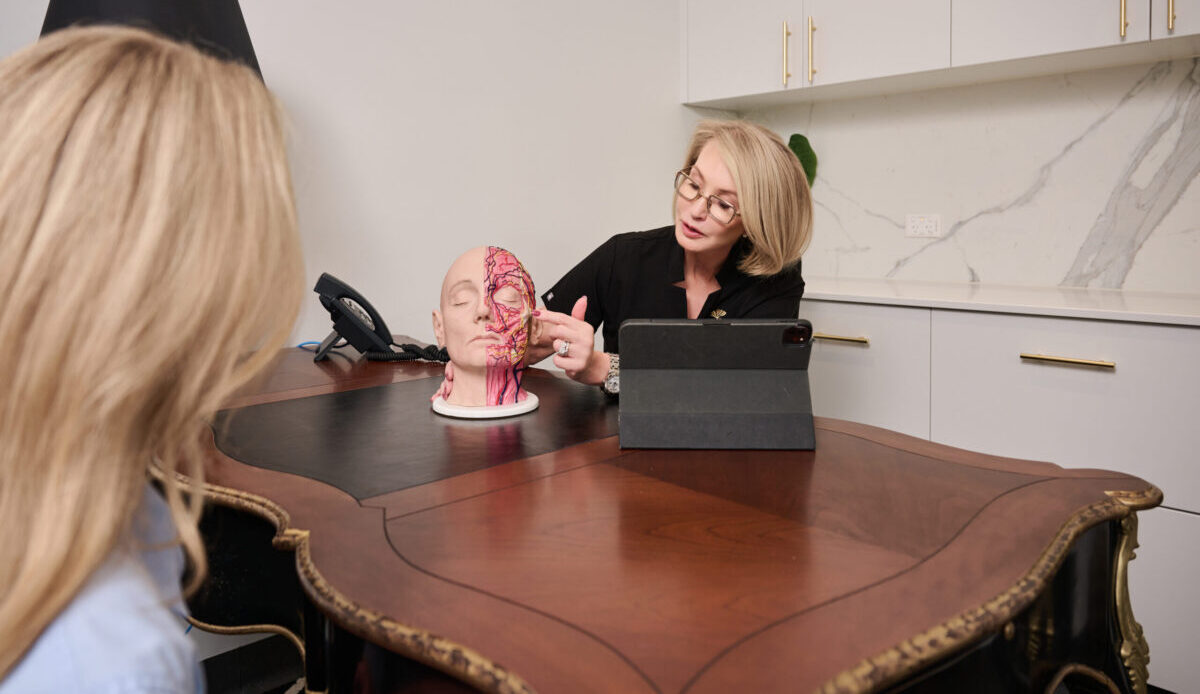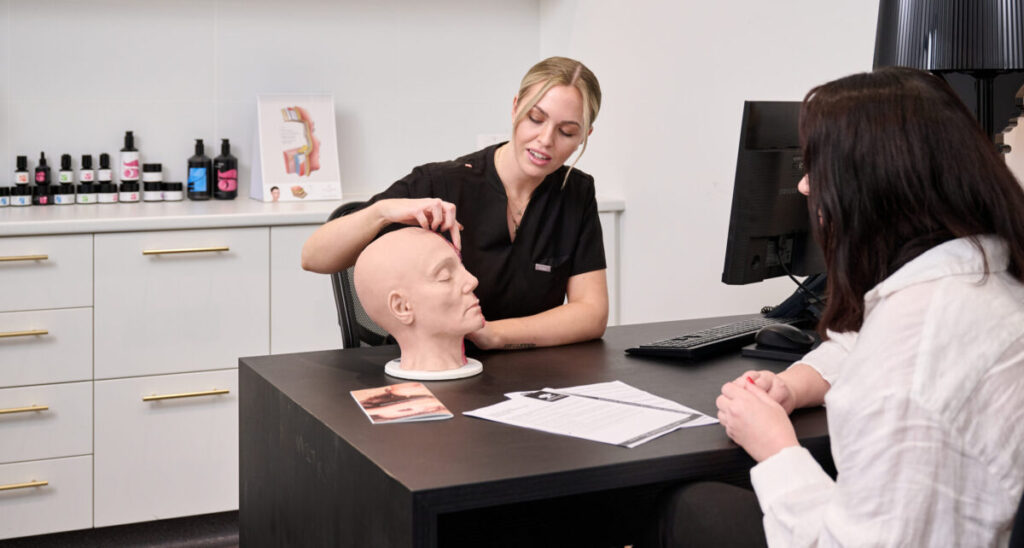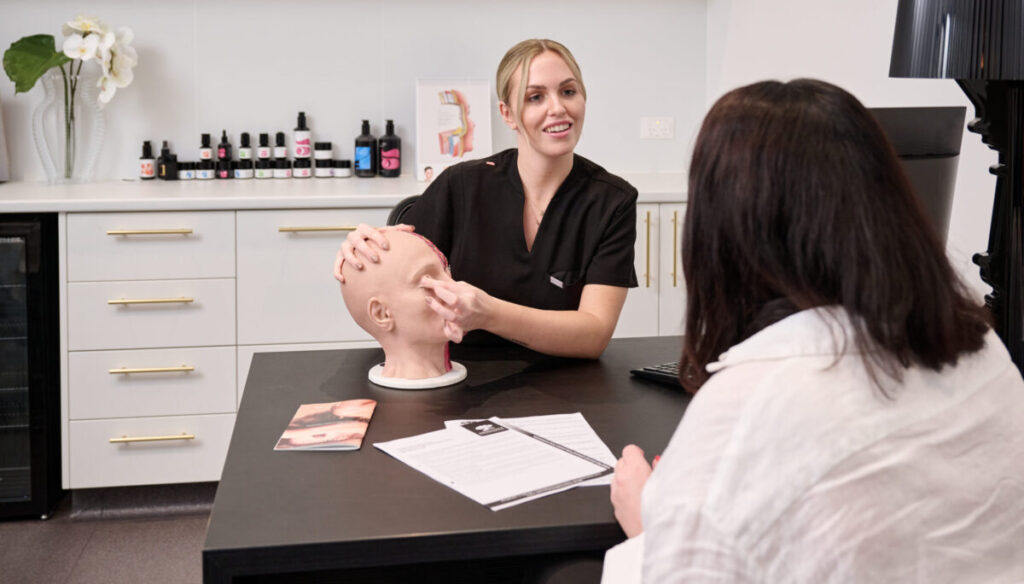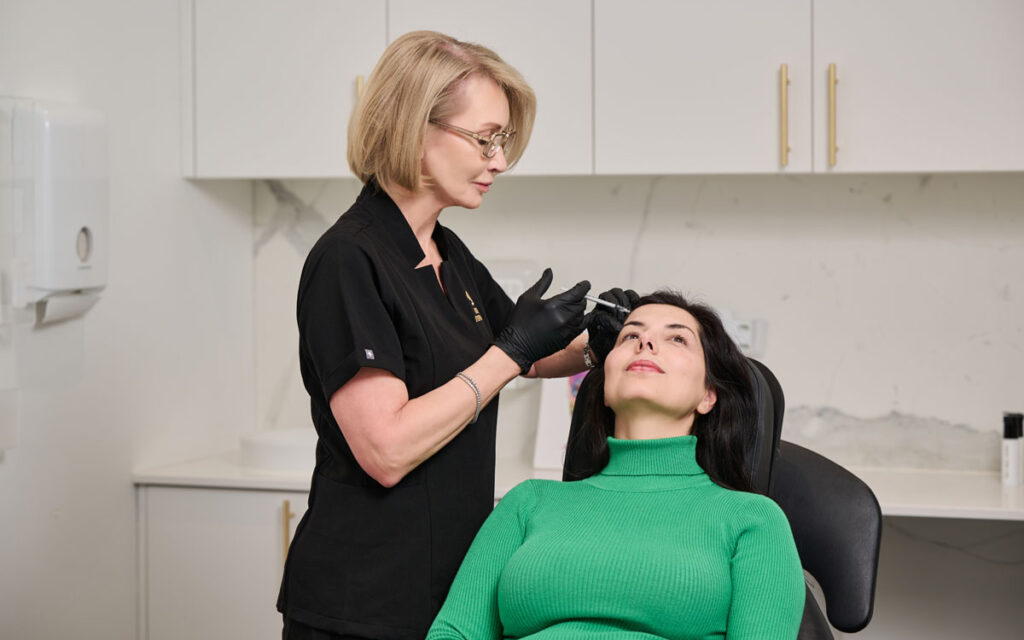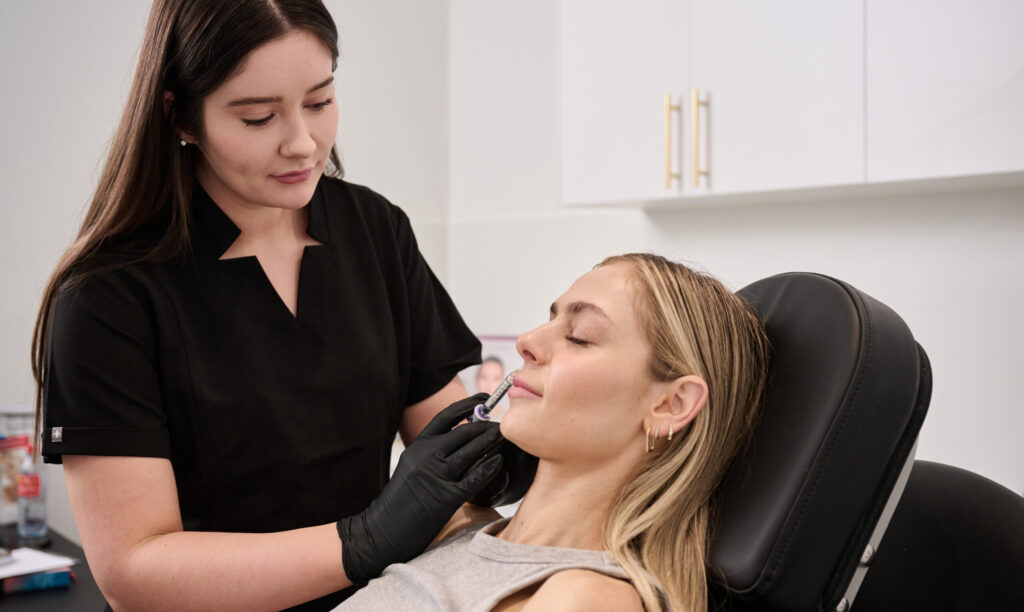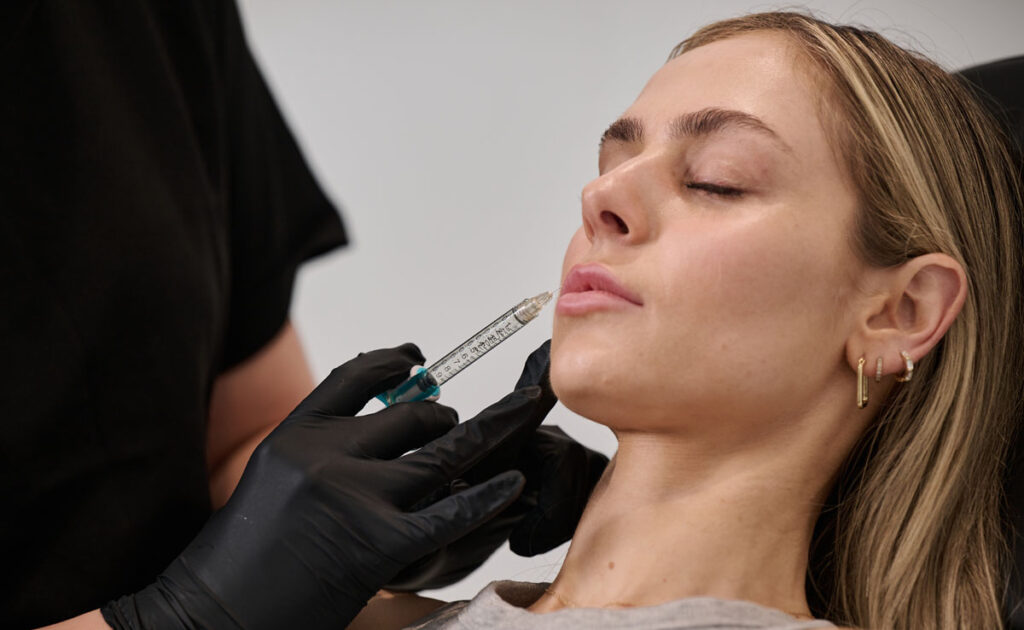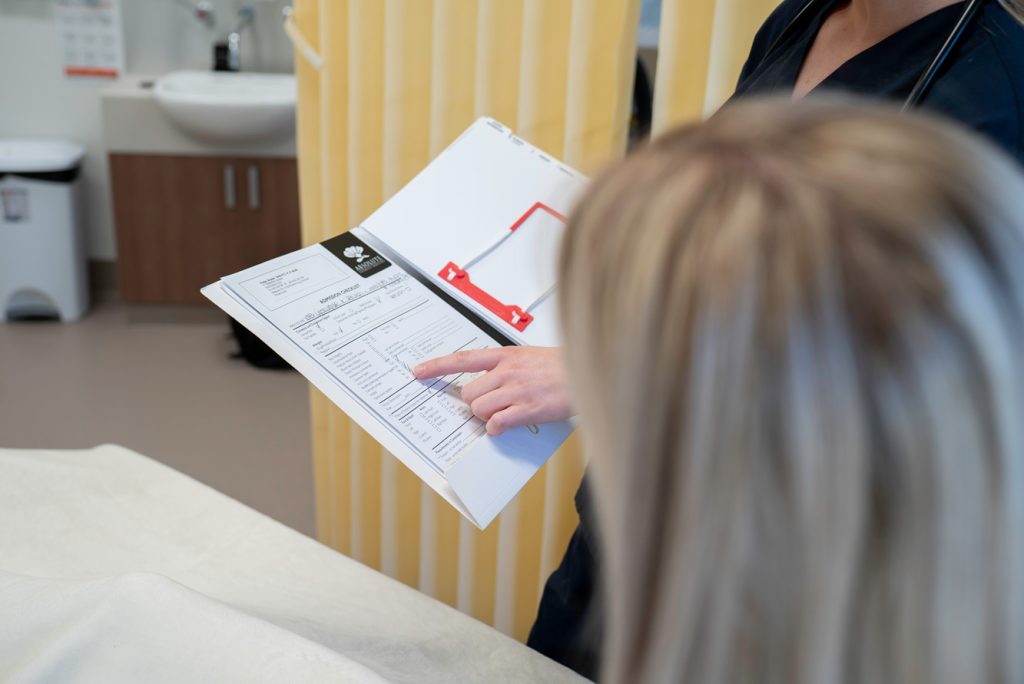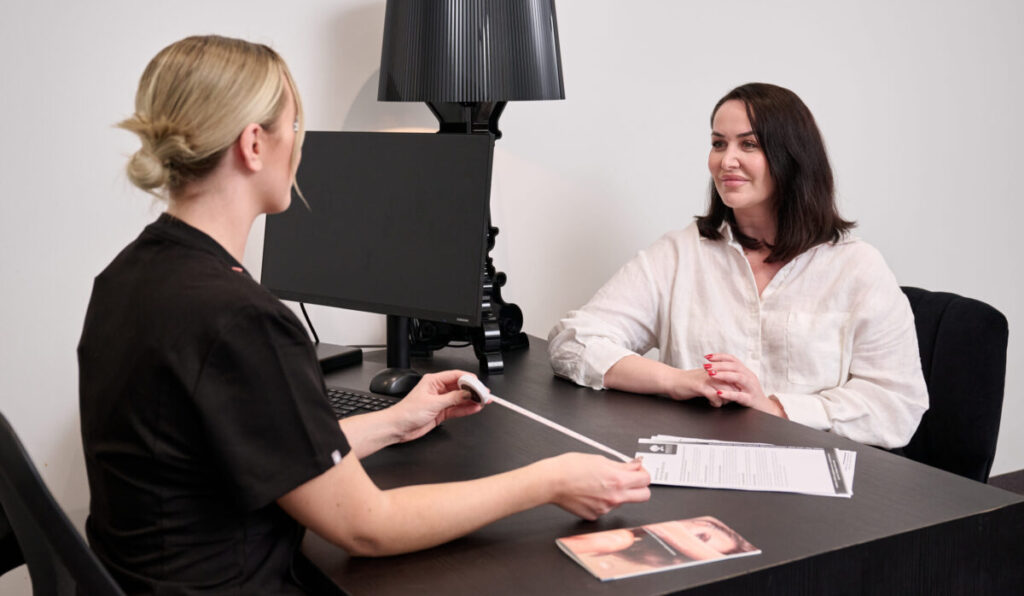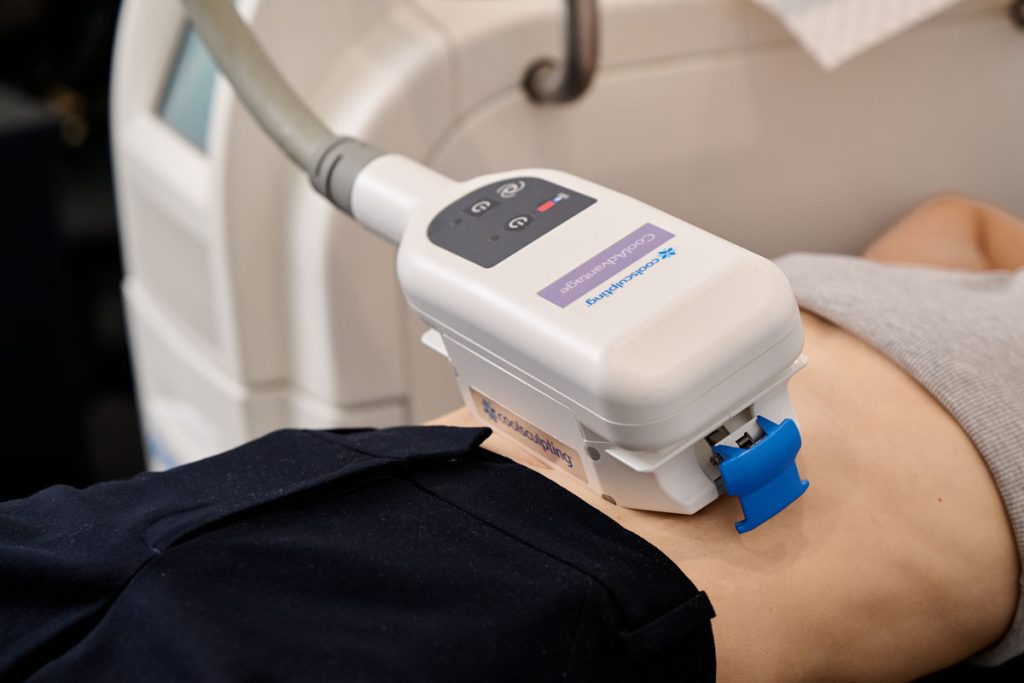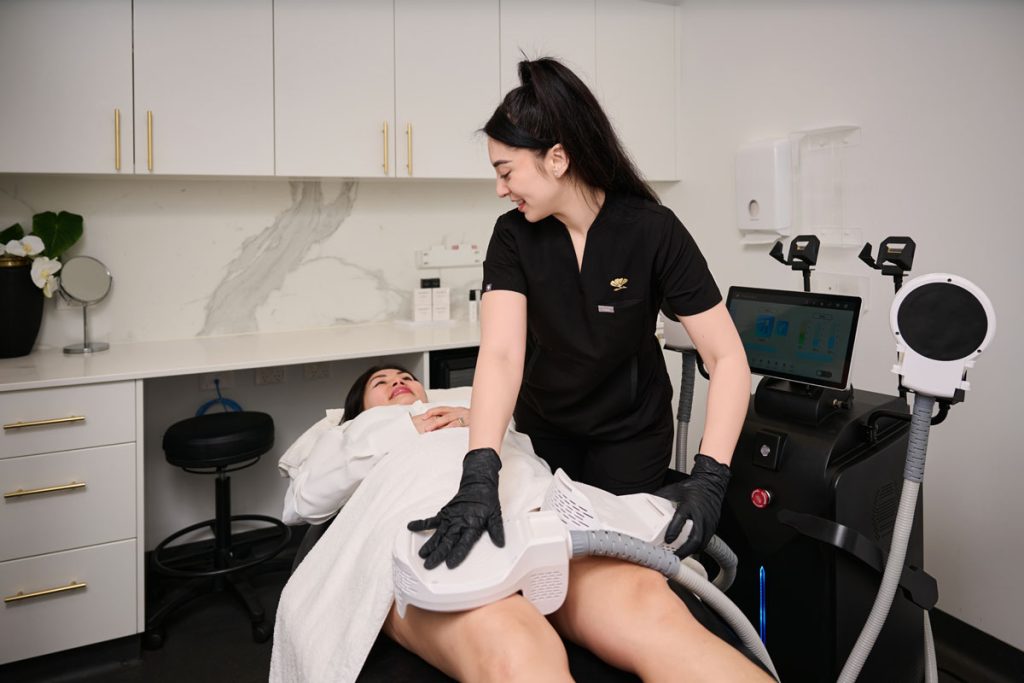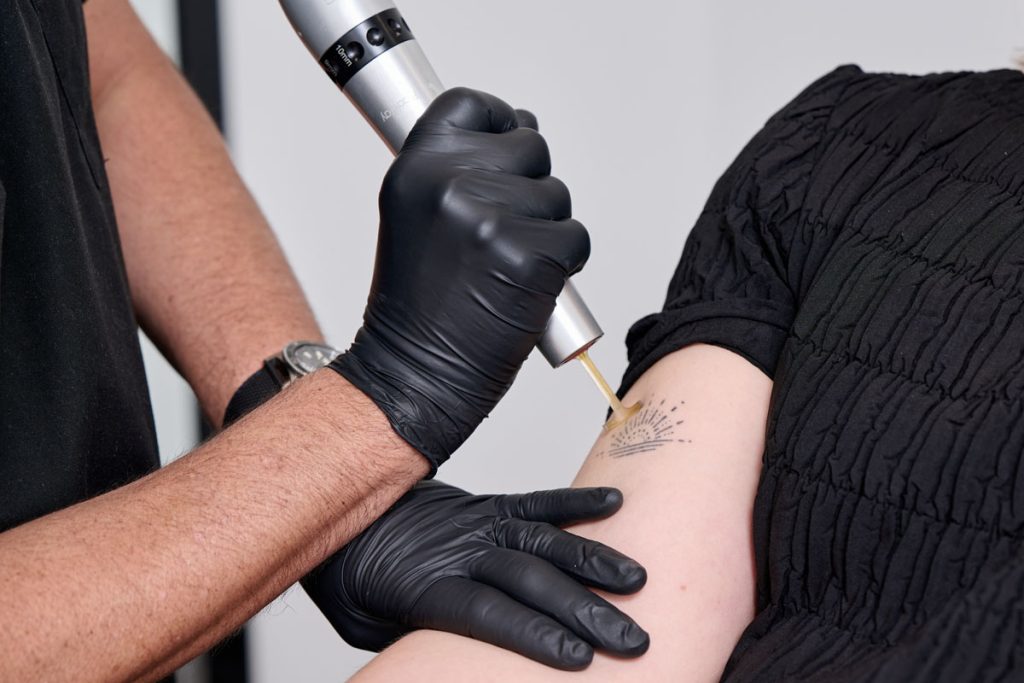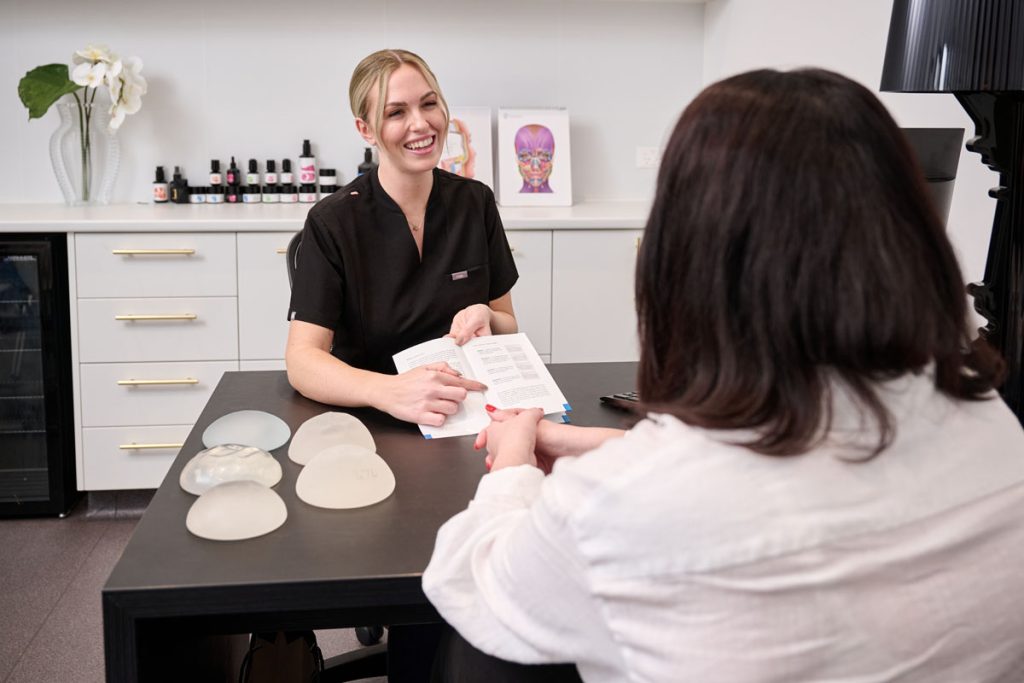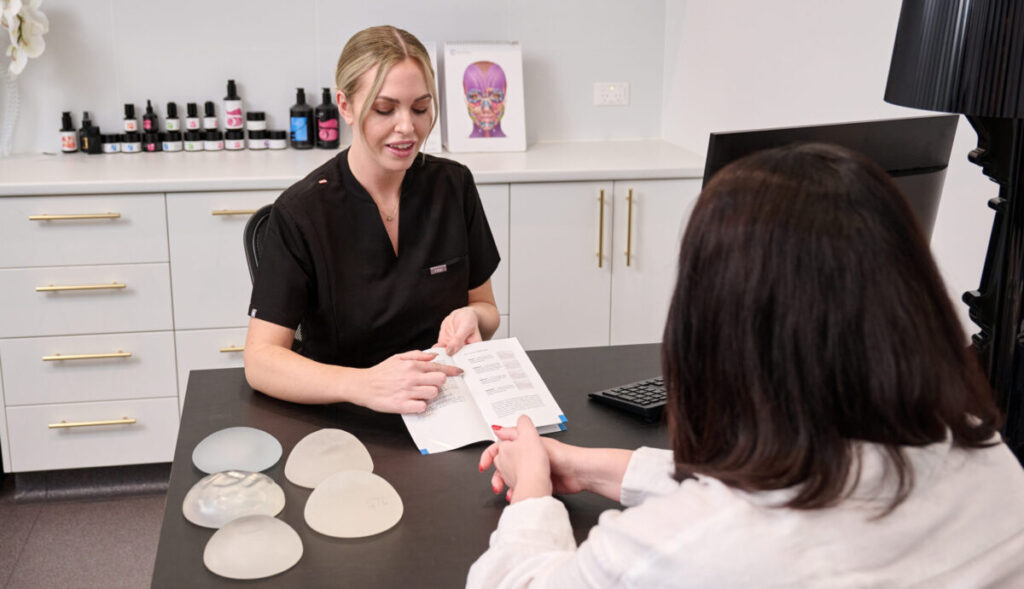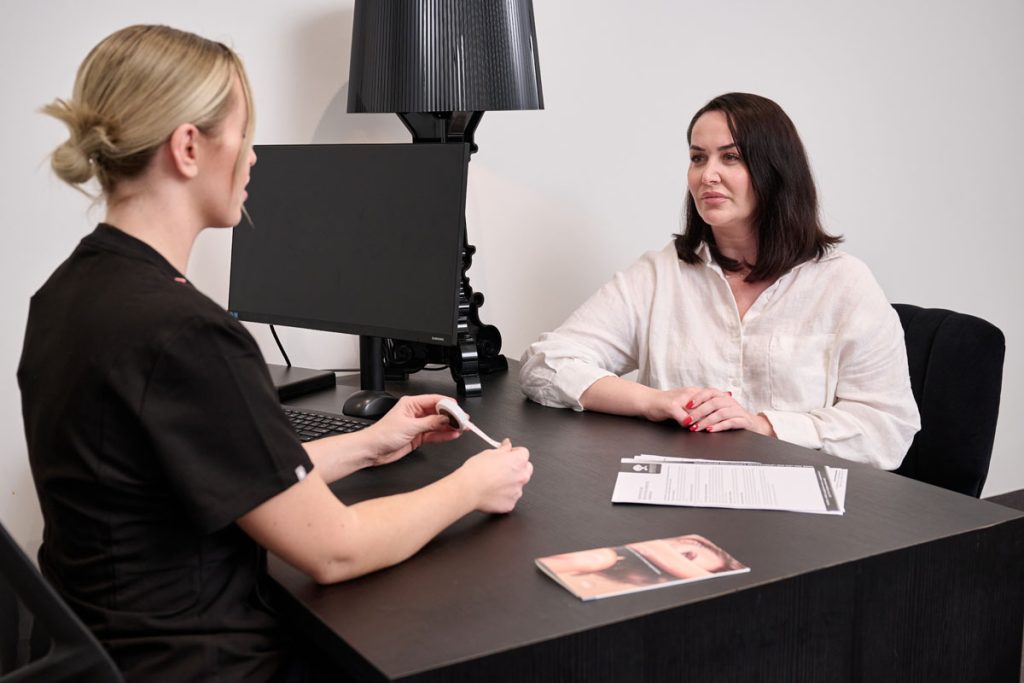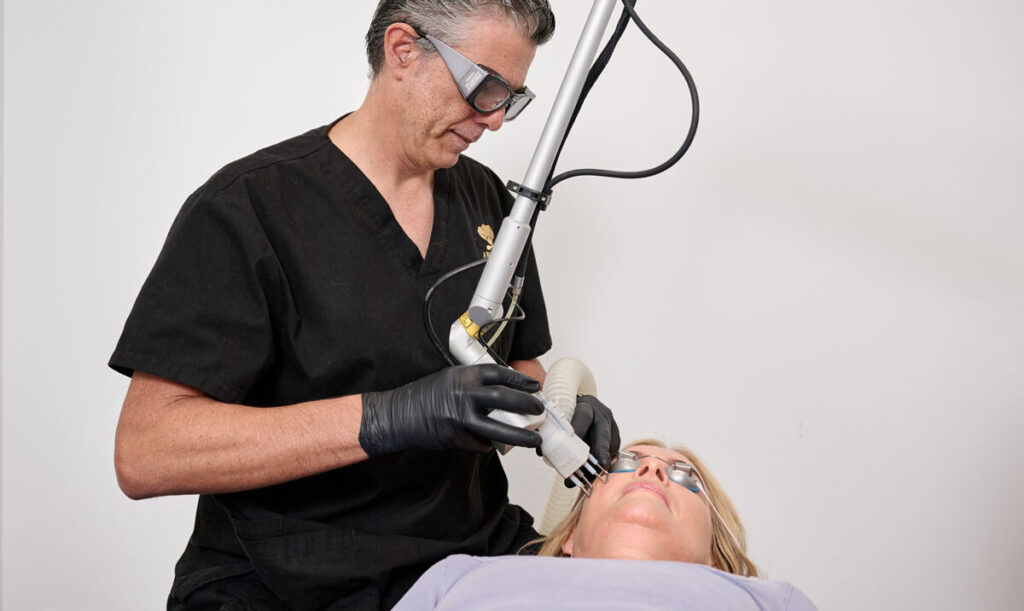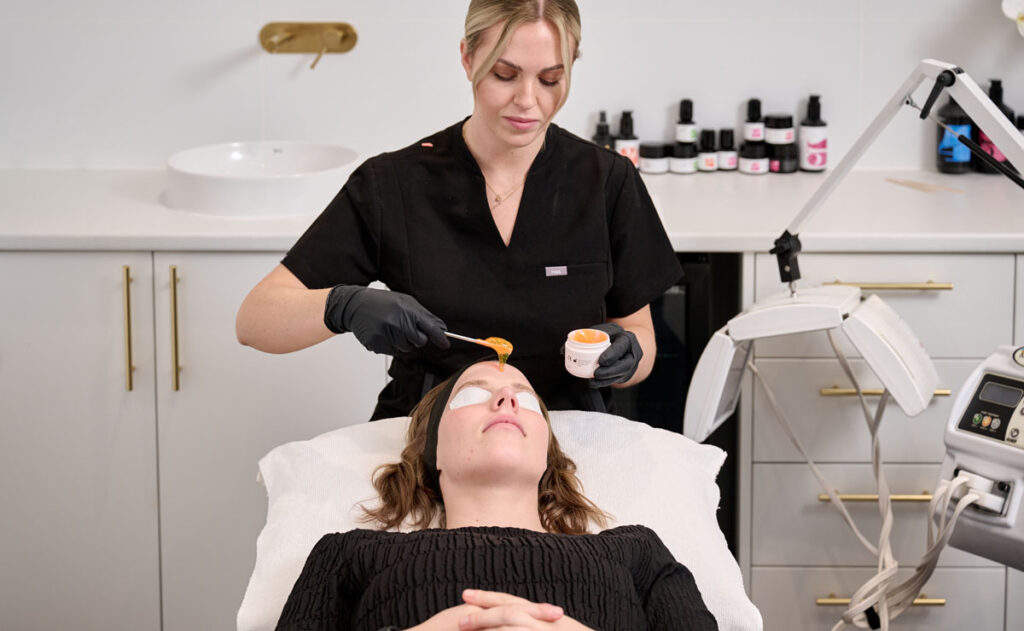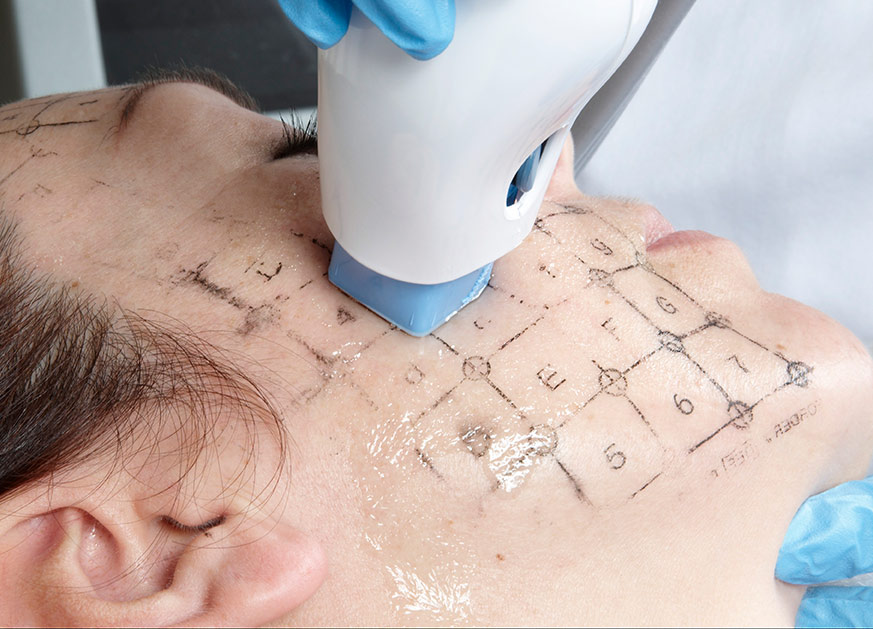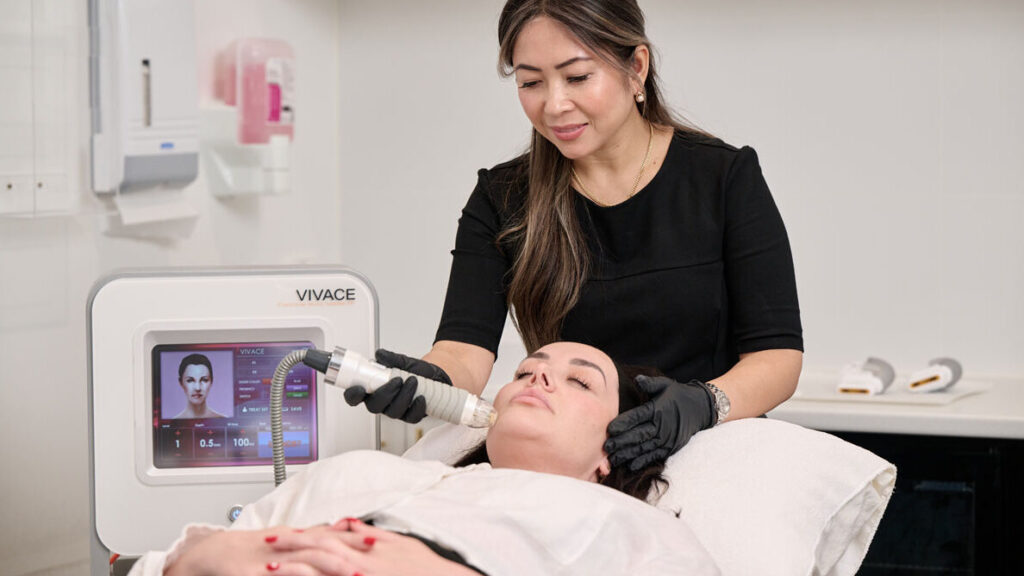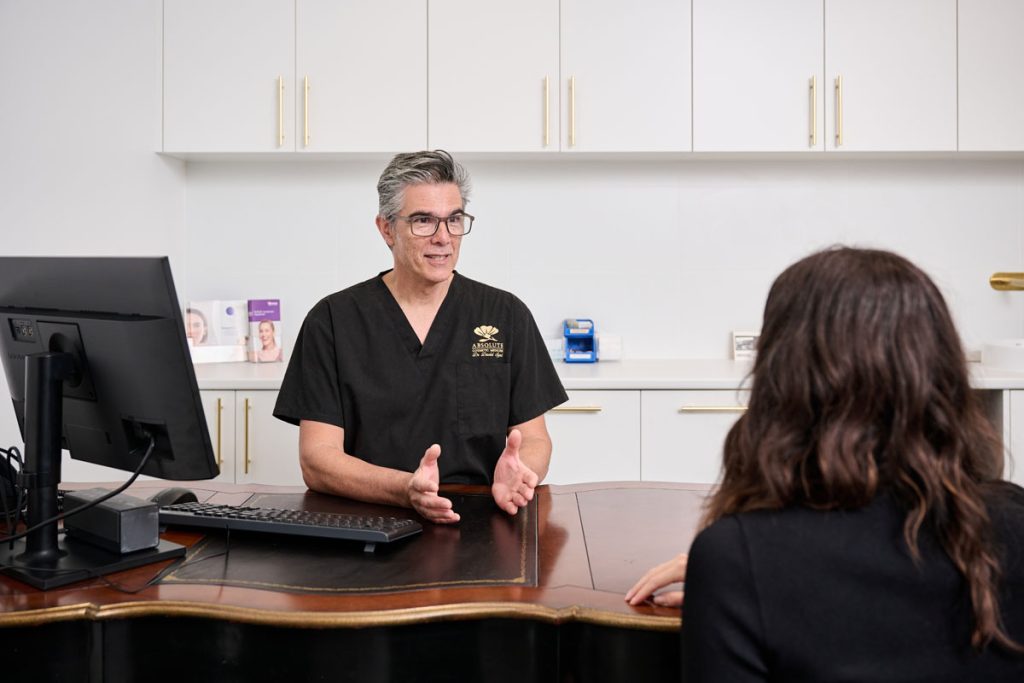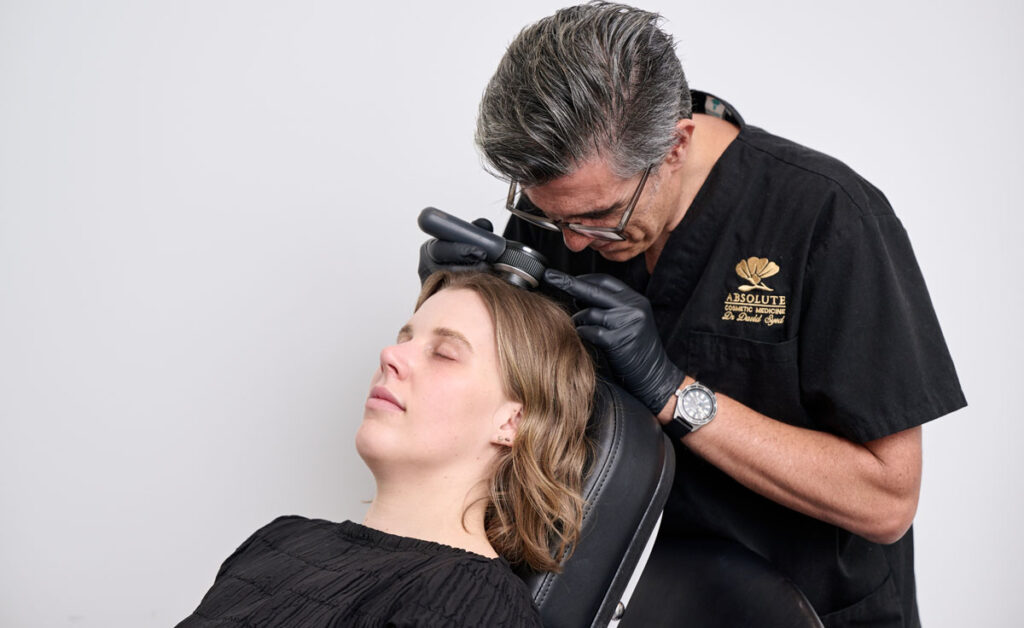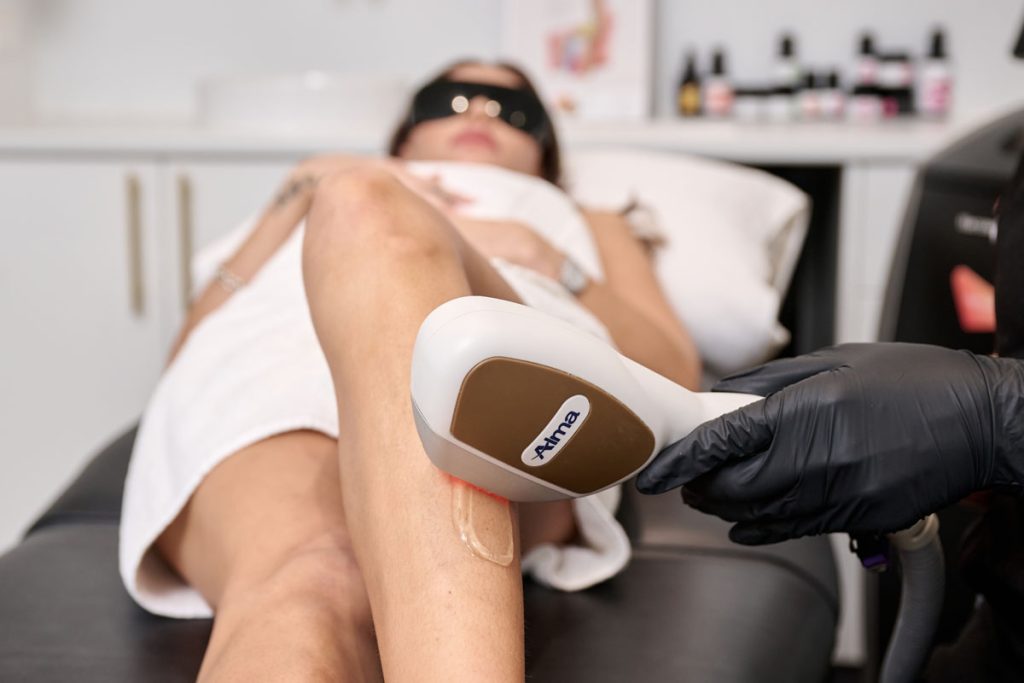Please be aware that you must have a GP referral before booking a consultation with Dr Murray.
Buccal Fat Removal
The Buccal fat pads are natural pockets of fat in your cheeks, which tend to be resistant to diet and exercise. However, the size of the fat pads varies with all, which causes variation in appearance between individuals. The Buccal Fat Removal procedure involves an incision in the mouth on the inside of the cheek where a walnut-sized fat pad is.
Buccal Fat removal or buccal lipectomy is a procedure that aims to enhance the contour of your mid-face, defining the cheekbones and slimming the face. The best candidates are those who are physically healthy and at a stable body weight, concerned by the appearance of their cheeks.
Common names
Buccal Lipectomy, Cheek Fat Pad Removal, Cheek Reduction Surgery
Targeted areas
Mid-Face, Cheeks
important information
Procedure Information
Procedure Type
Surgical
Cost
From $4,400
*excluding theatre fee, post-surgical garments, post operative medications. An all-inclusive fee will be discussed at time of consultation with Dr Murray.
Improvement
Enhancement of natural facial contours, Less fullness in the face, Facial slimming, Defined Cheekbones
Results
Removal of stubborn fat in the cheek’s
Recovery Time
All incisions are made inside the mouth so patients can expect to make a full recovery within 3-5 days.
Treatable Area's
Cheek’s
Cosmetic surgery medical requirements
From 1 July 2023, new regulations around cosmetic surgery were implemented by the Australian Health Practitioner Regulatory Agency (AHPRA) and the Medical Board of Australia. Please make sure you have read and understood these new reforms when considering your cosmetic surgery
Why would you opt for Buccal Fat removal?
- You want to reduce the appearance of fuller-looking cheeks to reveal a more defined look.
- You have excess fullness in your cheeks which don’t seem to budge from diet and exercise.
- You would like to enhance the contours of your cheek for a “model cheekbone” look.
- You have tried injectable treatments such as Dermal Filler’s and/or Wrinkle Relaxer’s to slim and contour the face, which has not helped.
Your decision to undergo this procedure or any other invasive cosmetic procedure should be your choice, without the influence of others. A thorough consultation with your doctor will take place prior to making further informed decisions as to whether this procedure is best for you.
Best candidates for Buccal Fat Removal
If diet and exercise have not succeeded in helping you reduce the appearance of facial fullness, this procedure might be for you. Additionally, it is important that the individual is both physically and mentally healthy and at a stable body weight.
A consultation is essential to know whether you are a suitable candidate for a Buccal Fat removal procedure.
How can I enhance my results?
There are times when the Doctor may suggest the addition of Dermal Filler and or Wrinkle Relaxer to achieve a more desirable face shape and structure. This may enhance the overall results of the Buccal Fat Removal procedure, although this will be determined based on each patient’s individual needs and is not a ‘one size fits all’ approach.
Buccal Fat Removal surgery important information
Prior to booking the procedure, in accordance with AHPRA (Australian Health Practitioner Regulation Agency) protocol, it is a prerequisite to obtain a GP referral for all cosmetic surgical procedures before scheduling a consultation with Dr. Glenn Murray. Additionally, a Body Dysmorphic Disorder (BDD) questionnaire will need to be completed to assess your suitability for the procedure. To facilitate informed discussions and address any questions you may have, informational videos will be sent to your designated email prior to your meeting with Dr. Murray. Following a second consultation with a member of our clinical team, a mandatory 7-day cooling off period will commence. During this time, we strongly encourage you to seek further information and education regarding your desired procedure, as well as consider obtaining a second opinion. After the 7-day cooling off period, you are welcome to proceed with scheduling your procedure and embark on your Absolute Cosmetic journey.
It is imperative to strictly avoid smoking, vaping, and illicit drug use before, during, and after the procedure. Nicotine consumption during the surgical process heightens the risk of complications, infection, delayed healing, or an unsatisfactory cosmetic outcome. Please note that we maintain a stringent cancellation policy for those who continue to smoke or vape. We advise all patients to cease smoking at least 2 weeks before the procedure and to abstain for 6 weeks following the procedure. Reducing nicotine intake does not diminish the risk of complications; the most substantial health benefit is derived from quitting smoking altogether. We highly recommend and encourage the use of nicotine cessation aids during this period. For more comprehensive information regarding potential complications and guidance on quitting smoking, please refer to this resource.
It is vital to note that if you have smoked within the last 2 weeks, the procedure will be canceled, and payment will not be refunded.
To ensure your readiness for the procedure, being in good health is essential. It’s crucial to avoid blood-thinning medications such as aspirin, anti-inflammatory drugs, fish oil, green tea, and turmeric leading up to the procedure. Additionally, a blood test should be conducted at least 1 week before the scheduled procedure. A nurse will go through an extensive checklist to ensure that you are well prepared, via a pre-operative call before your procedure day.
On the day of the procedure, fasting is mandatory, meaning you should refrain from consuming food or water for 6 hours prior to your scheduled surgical start time. However, you may take a small sip of water in the morning to consume any pre-surgery medication if necessary. These precautions are taken to optimize your safety and the success of the procedure. All paperwork must be completed before the procedure and will be sighted and signed by your admitting surgical nurse.
What happens during the Buccal Fat Removal treatment?
The Procedure
During the Buccal Fat Removal procedure, incisions are made inside the mouth, specifically in each cheek, and gentle pressure is applied to expel the fat pads through these incisions.
The amount of fat removed during the procedure can vary based on individual needs and goals. After the desired amount of fat has been extracted from your cheeks, your doctor will close the incisions using absorbable sutures.
This is generally a day procedure, allowing you to return home with the assistance of a designated caregiver shortly after the procedure. Punctuality for your appointment is essential, and the exact arrival time will be discussed with you during your pre-operative phone call with the nurse before your surgical day. The nursing staff will conduct a thorough admission process before admitting you to our fully licensed day surgical clinic.
Patients with reflux issues should continue taking their anti-reflux medication. In most cases, the majority of medications can be continued, with the exception of blood-thinning medications. However, it is advisable to consult with the doctor both before the procedure and during your pre-operative phone call with the nurse to ensure proper guidance on medication management.
Following the procedure, you will rest in our recovery bed until your caregiver arrives to pick you up. The caregiver will receive instructions from your discharging nurse on how to care for you in the next 24 hours. They will also be provided with Dr. Murray’s personal mobile number for any overnight concerns. The following morning, you will return to our Nedlands clinic for a post-operative review conducted by one of our friendly nurses. During this appointment, you will receive post-operative care instructions and guidance on your recovery journey. We encourage all our patients to contact the clinic with any queries or concerns before, during, and after their procedure with Absolute Cosmetic.
The Risks
Buccal fat removal surgery, also known as cheek reduction surgery, is a cosmetic procedure designed to reduce the size of the buccal fat pads in the cheeks, resulting in a more sculpted facial appearance. There are several risks and potential complications associated with this procedure that patients should be aware of. These can include but not limited to; nerve damage, infection, bleeding, hematoma, asymmetry or over-resection to name a few.
It’s essential for patients considering buccal fat removal surgery to thoroughly discuss the potential risks and benefits of the procedure with our medical team. Additionally, following all pre-operative and post-operative instructions provided by our clinical team which can help reduce the likelihood of complications and promote a smooth recovery.
What happens after the Buccal Fat Removal treatment?
Following the Buccal Fat Removal procedure, it’s imperative to arrange for a capable adult to pick you up and provide assistance at home during the first night of your recovery. The duration of the surgery typically ranges from 2 to 3 hours, although this timing may vary. After the surgery is completed, you will be placed in one of our recovery beds while waiting for your designated caregiver. Before releasing you to your caregiver, it is essential that you are able to respond in full sentences and are fully conscious.
If you experience any nausea after the anesthesia, please promptly inform your nurse. We understand that not all caregivers have a medical background, but they will be provided with Dr. Murray’s contact details and encouraged to reach out if any concerns arise. Dr. Murray will also personally contact your caregiver during the night to ensure that both you and your caregiver are managing the recovery process well.
The next step in your recovery journey involves returning to the Nedlands clinic for your day one post-operative review with one of our nurses. During this appointment, you will receive instructions on post-operative care to support your healing process.
Immediately after the procedure, swelling is a common occurrence and can persist for up to 10 days. Since all incisions are made inside the mouth, wound care is not required. The sutures used are typically absorbable and should dissolve completely in 6 to 7 days.
To minimize the risk of complications and expedite the recovery process, it is advisable to follow a liquid diet for one week following the surgery. In many cases, most patients are able to resume work within 2 to 3 days after the procedure. However, individual recovery times may vary, so it’s important to listen to your body and follow your doctor’s guidance throughout the healing process.
It’s important to keep in mind that the estimated recovery time provided is approximate and can indeed vary from one patient to another. Several factors, such as age, genetics, lifestyle, and individual healing capabilities, among others, can influence the duration of the recovery process. Therefore, it’s crucial to be patient and attentive to your body’s signals while allowing for the necessary time for a full and successful recovery.
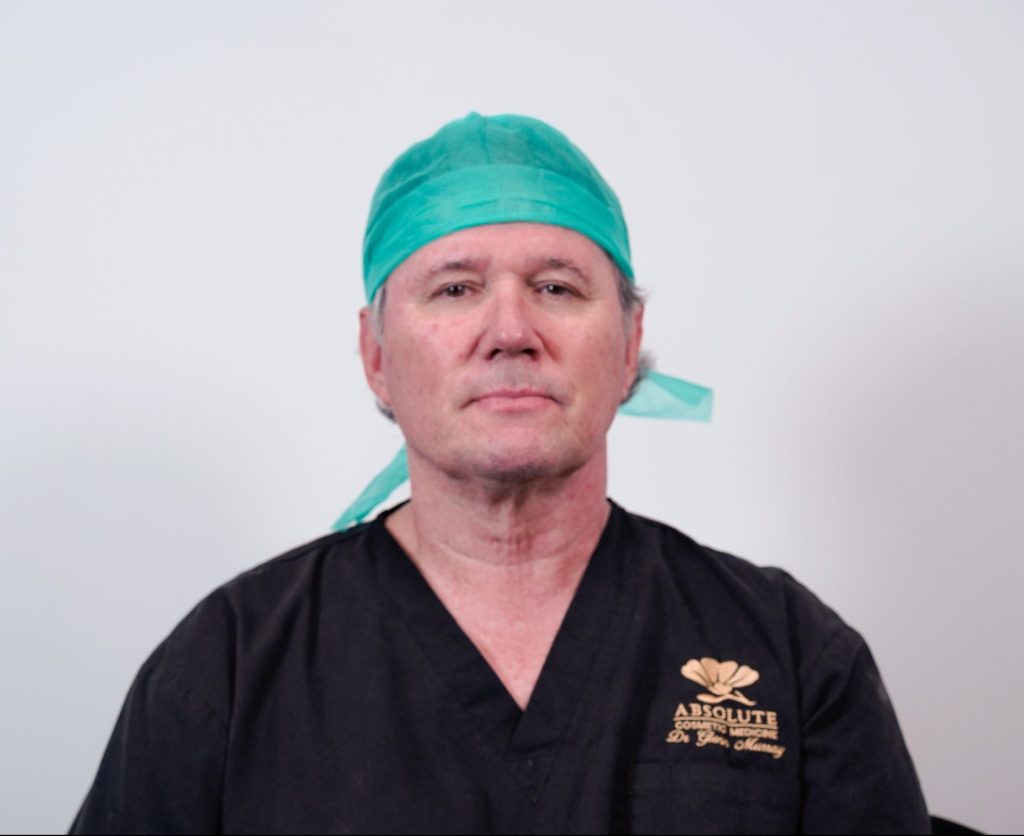 DR.
DR.Glenn Murray
Medical Director and OwnerDr. Murray (MED0001196978) leads the team of doctors and health professionals at Absolute Cosmetic, bringing over two decades of full-time experience in cosmetic medicine to his role as Medical Director and Owner of Absolute Cosmetic Perth.
*Before and After Disclaimer. All before and after photographs show actual patients of Absolute Cosmetic and are published with written consent. Images have not been digitally enhanced or altered. Outcomes shown are only relevant for each patient and do not necessarily reflect the results other patients may experience. Results may vary due to many factors including the individual’s genetics, diet and exercise. Please be advised that surgical outcomes vary, from patient to patient, and comprehensive research is crucial before making any decisions. Please read the associated treatment page for information regarding risks and recovery. All surgical before and after photographs are taken before and one year after the procedure unless otherwise specified. All surgical procedures have been performed by Dr. Glenn Murray (AHPRA Registration MED0001196978) Registered Medical Practitioner, Perth.
Book a Consultation
Book NowAny questions?
Dr. Glenn Murray (AHPRA Registration MED0001196978) Registered Medical Practitioner. General disclaimer: Patient outcomes can vary due to factors such as... genetics, diet, age, exercise, lifestyle, weight, and overall health. It’s essential to understand that all invasive surgeries come with inherent risks and require a recovery period and specific care regimen. Detailed information regarding surgical risks and complications is available here, but it is advisable to conduct thorough research and obtain a second opinion to ensure you are able to make an informed decision. Please note that the information provided is general in nature and does not constitute medical advice or establish a doctor-patient relationship. For real patient images, please visit our Before and After page. Please be advised that surgical outcomes vary, from patient to patient, and comprehensive research is crucial before making any decisions. This website contains imagery which is only suitable for audiences 18+.
